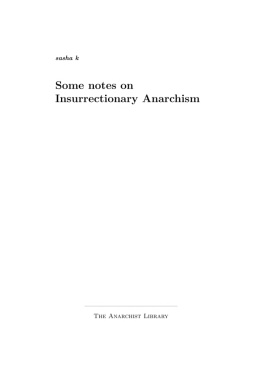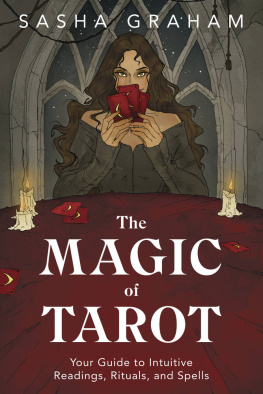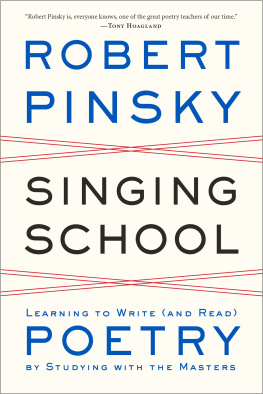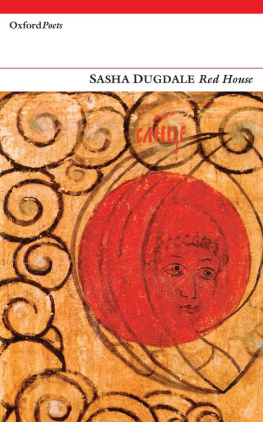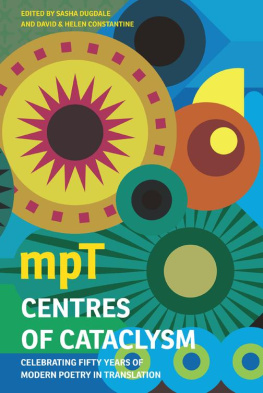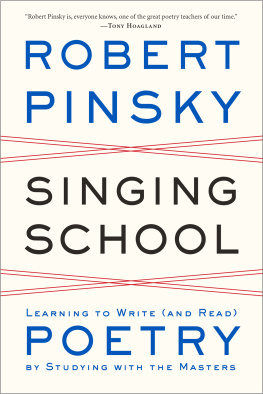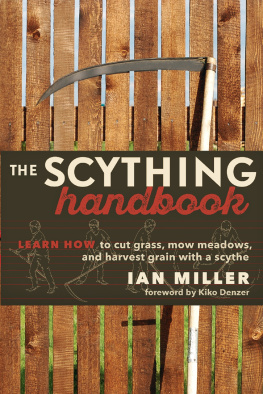No.3 2014
Modern Poetry in Translation 2014 and contributors
ISSN ( print ) 0969-3572
ISSN ( online ) 2052-3017
ISBN ( ebook ) 978-1-910485-02-6
ISBN ( print ) 978-1-910485-01-9
Editor: Sasha Dugdale
Managing Editor: Deborah de Kock
Design by Katy Mawhood
Cover art, pp. 6566 and pp. 101102 by Langlands & Bell
Printed and bound in Great Britain by Charlesworth Press, Wakefield
International distribution by www.pineapple-media.com
Ebook conversion by leeds-ebooks.co.uk
For submissions and subscriptions please visit www.mptmagazine.com
Modern Poetry in Translation Limited. A Company Limited by Guarantee
Registered in England and Wales, Number 5881603
UK Registered Charity Number 1118223
Modern Poetry in Translation gratefully acknowledges the support of the Flemish Literature Fund ( www.flemishliterature.be ) and the Goethe-Institut London
MODERN POETRY IN TRANSLATION
The Singing of the Scythe
CONTENTS
Translated by JESSICA SEQUEIRA
Translated by N. N. TRAKAKIS
Translated by TAO NAIKAN and SIMON PATTON
Translated by MARCELA SULAK
Translated by ALISON BRACKENBURY , ANNE STEVENSON and JOHN PILLING
Translated by JOHN GALLAS
Translated by FIONA SZE-LORRAIN
Translated by MATT BRYDEN and INGRID FAN
Translated by ANTHONY HOWELL
Translated by EUGENE SEREBRYANY
Translated by JENNIE FELDMAN
Focus
Translated by DONALD GARDNER
Translated by DAVID COLMER
Translated by CHRISTOPHER WHYTE
Translated by ISAO MIURA and CHRIS BECKETT
Translated by DAVID COLMER
Introduced and translated by AMARJIT CHANDAN
Translated by MARTIN BENNETT
Translated by CRISTINA VITI
Essays & Reviews
A personal reflection on Lon Laleaus Paris poems
The vibrant and various poetry of Italian dialect
Hasss gentle guide to Japanese poetry
A flawless new edition of Belgiums Hugo Claus
EDITORIAL
Paul van Ostaijens long Dadaist poem Occupied City printed here has the same epic novelistic quality to it as David Joness In Parenthesis . Both were written with a degree of distance: David Jones began writing ten years after the end of the war and didnt publish his masterpiece until the eve of the Second World War; van Ostaijen, as David Colmer points out in his introduction, put Berlin between himself and his time in the real Occupied City of Antwerp, and his stay in post-war Berlin affected his writing about Antwerp. Both also tackled their theme of war with formal obliqueness, van Ostaijen in his use of playful concrete poetry techniques, Jones in his intertwining of myth, legend and poetry.
David Constantine, in his Stanza lecture The First World War at Home and Abroad, notes that this distance from the event is common to many of the German and British war poets except, of course, those that died in the war. Trench warfare, with its eerie combination of medieval hand-to-hand fighting and modern technologies mostly required time to be shaped into literature.
Psychological trauma from war often goes untreated and affects an individual long after his or her physical wounds have healed. A nation suffers in much the same way that an individual does from trauma, but by the time Europe was ready to begin examining its First World War nightmares, it was descending into another period of conflict and horror, the net result of which is that although we no longer see men with wooden legs or men coughing like hags, as my great-grandfather did all his life, the trauma of two recent wars, compacted by neglect, affects all of us. This year, with its running arguments in the UK about a history which is uncomfortably contemporary, has proved the First World War is no more ready to be packed away into the trunk labelled the past than the Iraq War.
We are condemned to repeat ourselves, or so the truism about forgetting history goes. Should we have forgotten, the last years will have been a good reminder. Weve seen several sordid invasions of smaller countries by larger ones and the ramping up of nationalist propaganda across the world: the necessary preliminary to war. Ive noted, too, that as a society moves towards war and death all its individuals are dragged along with it, for opposition to war, however high-minded, will eventually be seen as nothing more than treason by most of the population. Realpolitik, anxiety, balance of power, economic considerations must have dominated recent discussions on Europe and the Middle East in Brussels and Washington, just as they must have dominated conversations a hundred years ago. Nothing in all of this feels clean, worthy or humane: mercenaries; the celebration of murder; secret negotiations; men who do not know where they are being sent; widows.
So while the Last Post and the poppies, overlaid with photos of handsome pale-faced public school boys, all have their place in the myth that is martial British culture, theres a place too for the poets who prove the myth a lie: the awkward individual voices like Zuckmayer and Rebora who show that politics by other means is a foul murderous business (who cares to remember how Wilfred Owen won his Military Cross?).
This MPT is also a place for the many other voices. It was a World War, a clashing of empires, and it involved peoples across the planet. In this issue the Punjabi poet Amarjit Chandan discusses and translates the folksongs composed and sung by women in the Punjab who had lost their husbands, lovers and sons to war. These women were indifferent to the war fought by the firangees (white foreigners). We might usefully compare them to the foolish women who sent soldiers off here: their breasts were stuck all white with wreath and spray | As mens are, dead.
Sasha Dugdale
FRANCISCO BITAR
Translated by Jessica Sequeira
The Argentine poet Francisco Bitar was born in 1981 in Santa Fe, where he still lives. In Argentina, not being from Buenos Aires can in itself be almost a defining characteristic, and Bitars city is very much present in the atmosphere of his work. (He has said that one day he hopes to write the novel of his city.) While translating, I tried to imagine the two great rivers of Santa Fe, converging in the enormous watery expanse of the Laguna Setbal. From its banks one can look out at the buildings where loved ones live, or up at the stars.
A certain seriousness a spare melancholy underlies Bitars poetry and prose, which is essentially realist, detailing moments of dissolution and aftermath. There are no lessons to be drawn, but there is great consolation and beauty in what Bitars fine sensibility registers. For just as certain encounters are like the confluence of two rivers, resulting in something greater than themselves made to last, others are fleeting as those of the airplanes in one poem, which come from opposite oceans | trace a curve in the depths | and cross in the night.



